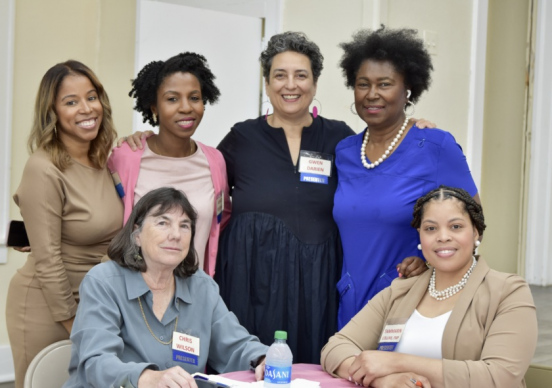
Other
Reality Check: The Limits, and Value, of Patient Advocacy in a Broken Health Care System
Written by Chris Wilson, this blog tells the story of a workshop on Shared Decision Making with a group of community leaders in the Mississippi Delta.
Language Options
In 2023, the Patient Advocate Foundation conducted a workshop on Shared Decision Making with a group of community leaders in the Mississippi Delta. Freddie White-Johnson, patient advocate extraordinaire and founder and CEO of the Fannie Lou Hamer Cancer Foundation, brought together a remarkable group of people, patients, caregivers, health care providers, and advocates, all with a deep commitment to improving the health and well being of the people in that region.
It was a positive, productive day, but we came away from that session asking ourselves, how can patients make shared decisions about their treatment when they lack access to health care at all levels? The main hospital in the region has closed many of its services, and teeters on the brink of closing. Many specialists have left the area and it’s difficult to get an appointment with the overworked primary care doctors and nurse practioners in the area. The state government has resisted years of effort to expand Medicaid, an obvious, critical way of making health care more available in a state that ranks dead last in most health-related categories.
This year, we returned for a follow up workshop with a smaller group focused on developing resources to improve access to health care and help provide patients and caregivers communicate more effectively with their providers. The workshop was excellent, The participants all journeyed to the Community Center in Ruleville, some from great distance, and engaged fully in the discussion. They had ideas for how patients can use their limited time with their doctors more effectively. They talked about what kind of information works best for them and how and when they want to receive that information. They told about their passion for working with young people to give them a better chance, for helping cancer patients get the treatment they need, for improving the overall health of their community through healthier nutrition and enhanced prevention programs.
It was, as always, impressive and humbling. The ideas that the group generated, their energy and tenacity, their knowledge of their community, their connections to each other and to their region are real and make a huge difference..
Our Mississippi group are all effective advocates, for themselves and their communities, but they also realists. They realize that any substantive improvement in their health care and well being requires systemic change that is not going to happen anytime soon in this country. They shared with us the reality of systemic and structural racism, not only historically but as a constant factor in their daily lives. Freddie White-Johnson’s father died of untreated lung cancer and on his deathbed asked her to get an education and come back to help her people. She did. She has. She persists.She has spent years working to get the funding for her Foundation, and the building is rising today, both a symbol and a genuine testament to the hope for a better future. But, she knows as did everyone in that room that there are still too many people dying because they cannot afford to see a doctor, or find a specialist, or fill a critical prescription.
Equitable access to health care is not a problem that afflicts one area or one community in our country. There are disparities in every region at every level, inevitable results of our flawed health care system. There are, however, areas in which these issues are so deeply embedded, so prevalent, so rooted in and caused by racism that they will never be resolved by holding workshops or developing new tools to help patients communicate better with their doctors.
That’s not to say that these efforts lack value. They do matter. Freddie White-Johnson’s group has told us repeatedly that coming together, discussing the problems, sharing ideas and developing strategies are important to them. It gives them hope to know that people are listening to them, that someone outside their community has some understanding of the issues they face. Freddie told us that next time we came, we would rent a van and do a tour of the Delta, so we can see for ourselves and begin to know how much we don’t know about the area and its people.
We cannot discount the ability of determined individuals and communities to change systems. The civil rights movement and the emergence of patient advocacy and patients’ rights are strong evidence that the courage, determination and strong voices of change-makers bear very real results, often at a great cost. At the same time, we have to acknowledge that as long as we live in a country where too many people lack the most basic health care, and where there is no political will, no national commitment to change the system, we have to confront the limits of our efforts to address the symptoms and the causes of this condition.
